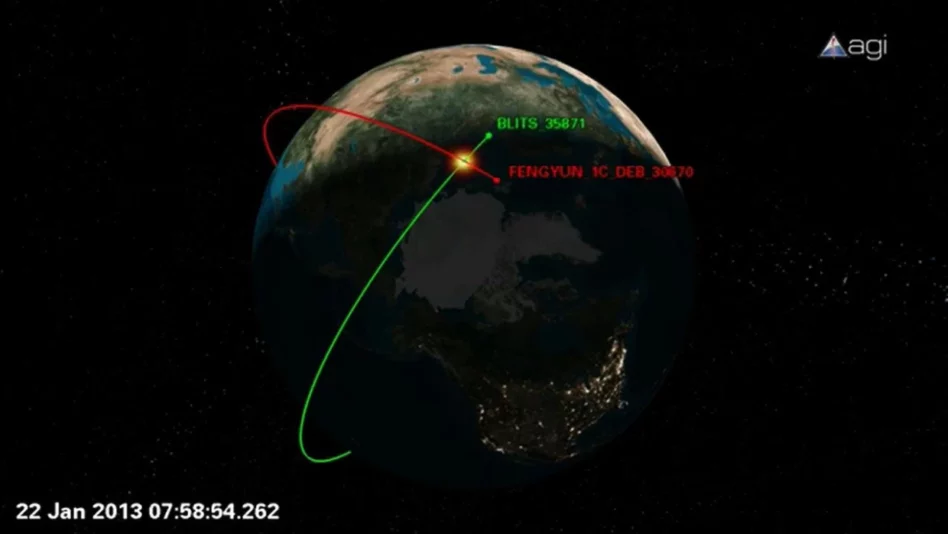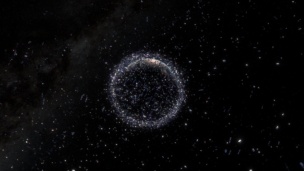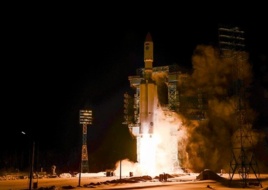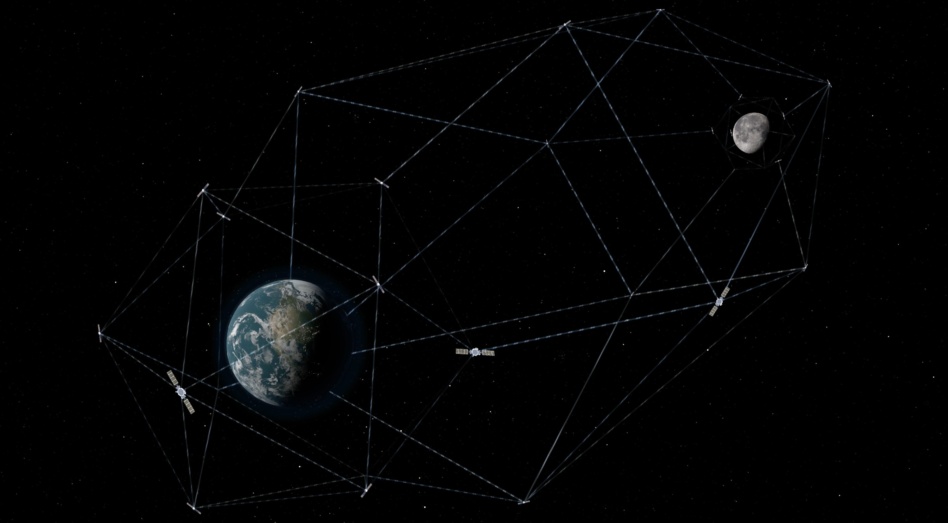More than two dozen companies from around the world signed onto a statement led by the Secure World Foundation on Tuesday formally applauding countries for agreeing to not conduct debris-causing anti-satellite tests.
So what? So far, bans on direct-ascent anti-satellite testing have been the purview of national governments or international bodies, like the United Nations. By going on the record in support of such bans, companies are making clear that these destructive tests can cause debris that puts the industry’s bottom line at risk.
“The deliberate destruction of space objects threatens this economic development,” the statement says. “We firmly believe that the commercial space industry will play a decisive role in expanding humanity’s economic sphere further into low Earth orbit and beyond, which in turn will yield extraordinary benefits to humanity that help us deal with global challenges and improve conditions on Earth. Working as a global community to prevent deliberate destruction of space objects will contribute to achieving this vision.”
Background: In April 2022, Vice President Kamala Harris announced that the United States would not conduct destructive ASAT tests, and urged other nations to make the same promise. Thirty-seven countries have now made a similar commitment, according to the Secure World Foundation.
The United Nations General Assembly is leading a similar effort urging nations to commit not to conduct DA-ASAT tests, which passed the body 155-9-9 in December.
The players: The 26 companies who signed onto the Secure World Foundation statement represent several sectors of the industry, including LEO constellations, space sustainability, EO, space stations, and launch. They come from nine countries, including the US, Japan, Switzerland, Italy, India, France, Canada, the UK, and the Netherlands.
We’re all in this together: The global nature of the industry coalition highlights that the fact that the debris created by a destructive ASAT test conducted by one country affects the entire international space ecosystem—potentially for decades or longer. China conducted an ASAT test in 2007 that created 3,000+ pieces of debris that were large enough to be tracked. In 2021, the ISS had to maneuver to avoid a piece of debris from that test 14 years earlier.
“I think that should be our ultimate goal—to get agreement from as many nations as possible that there are other ways to handle national security issues in space,” Jared Zambrano-Stout, VP of government and external relations at Axiom, said at a Secure World Foundation event on Tuesday. “We don’t have to resort to these types of destructive debris creating events that hurt all of us.”





